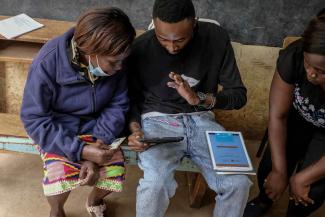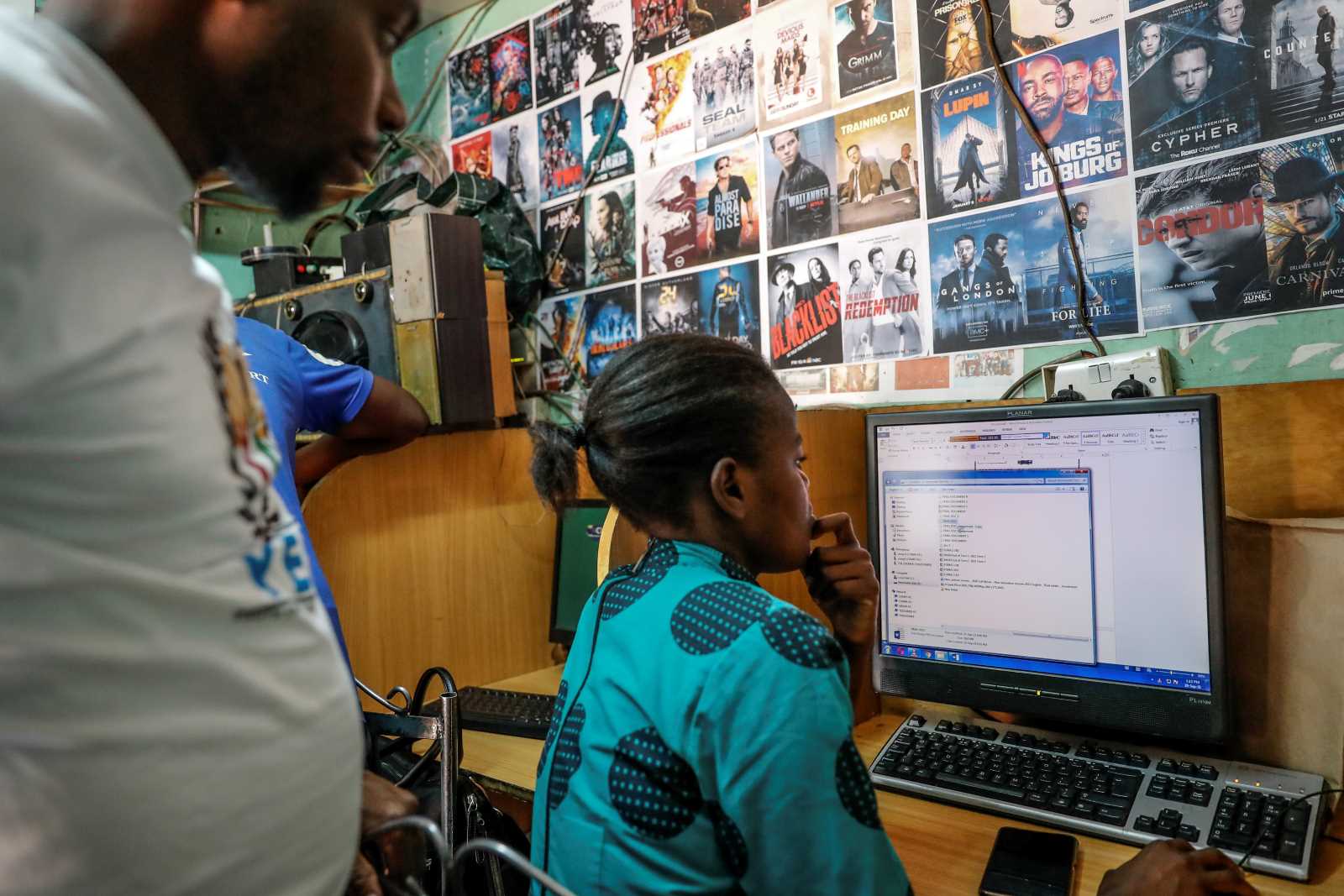Cyber security
How to protect yourself on the internet

As African governments expand opportunities in the digital economy, they must also improve legal protection for internet users. However, users have a duty to protect themselves too, given that digital fraud is on the rise. Accordingly, private-sector companies must take adequate measures to protect their customers. Finally, the media have a duty to tell people how to protect themselves.
Basic digital security knowledge
Key tips for preventing digital fraud include setting strong passwords, making sure software is genuine and up to date and paying attention to what is shared online. It makes sense to spell out a list of information that must never be shared, whether online or offline. The list should include passwords, bank details, personal identification numbers and physical addresses.
Important safety strategies also include:
- using antivirus programmes,
- recognising and avoiding suspicious links,
- using multi-factor authentication whenever possible,
- keeping an eye on bank statements, monitoring bank and credit card transactions for suspicious activity,
- shopping securely using trusted payment methods for online purchases,
- regularly updating a device’s firmware, operating system and software,
- backing up data regularly,
- acting with extreme caution towards strangers on dating portals,
- exercising caution with high-return, low-risk investment offers shared online,
- limiting the amount of personal information shared publicly on social-media platforms,
- staying informed, educating others and promoting safe online practices while encouraging reporting of suspicious activities.
These things are basic digital security knowledge. Unfortunately, neither public awareness raising, nor formal education systems are keeping pace with rapidly evolving digital innovations and expanding options. Companies and governments thus need to invest in education, but also in digital tools and systems to monitor, prevent and investigate digital fraud. Many parties have a role to play in holding culprits accountable and stopping cybercrime.
Alphonce Shiundu is a journalist, editor and fact-checker in Kenya.
Twitter: @Shiundu













